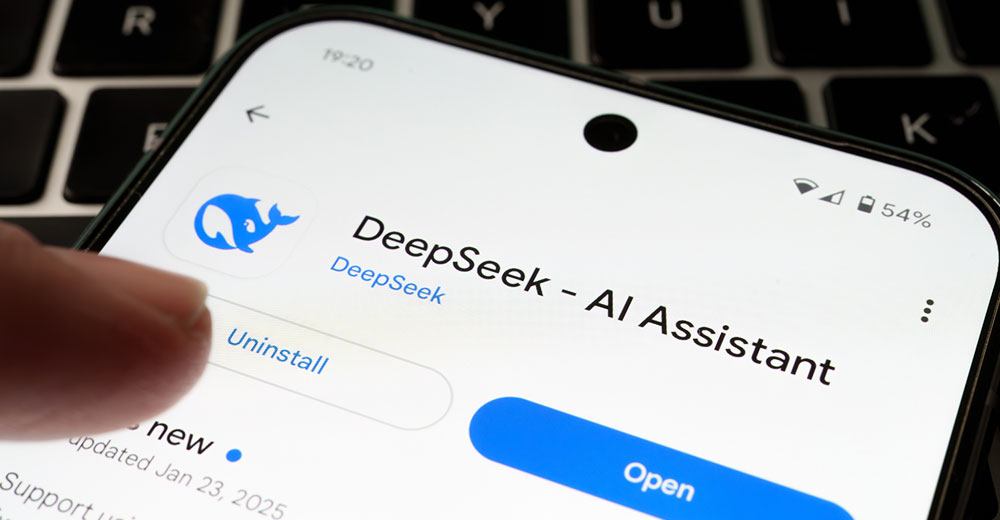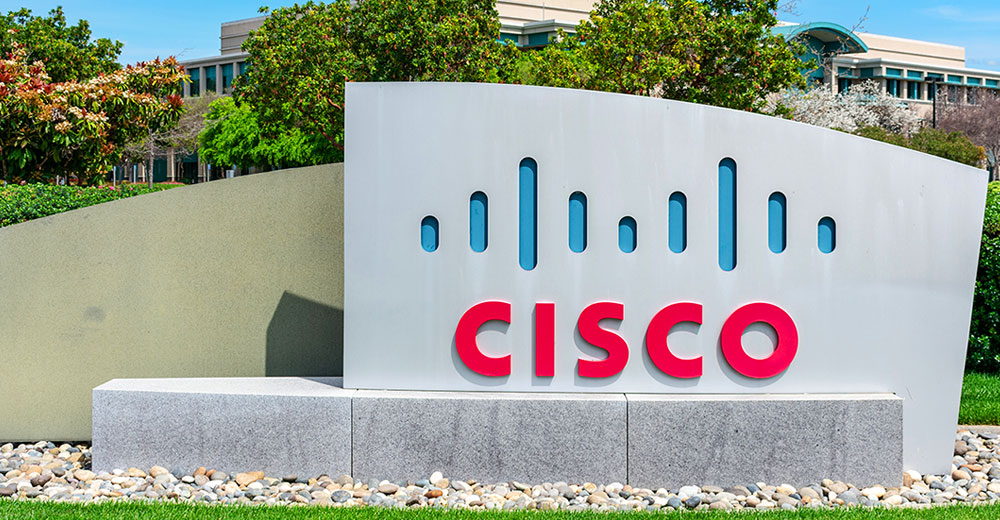
Open Source Development Labs (OSDL) is calling reports that it is leading a revision of the Linux kernel to remove code that might infringe on software patents “horse puckey.”
OSDL, which promotes the adoption of the Linux operating system, debunked a Linux Business Week report based on anonymous “informed sources.”
Media Mixup?
The source claimed that OSDL had teamed up with Intel, IBM, the state of Oregon and the city of Beaverton to launch a consortium that would rewrite parts of the Linux kernel. Dubbed “Operation Open Gates,” the consortium reportedly intended to stop Microsoft from scaring customers away from Linux with claims that the operating system infringes patents.
But OSDL spokesperson Lonn Johnston told LinuxInsider that there is “nothing to the rewrite rumor” and OSDL has “never heard of anything called Operation Open Gates,” other than what has been misreported in the media.
“A group in Beaverton was pitching the launch of a new jobs development program targeting opportunities in open source and used the name of OSDL and several others without permission or advance notice,” Johnston said. “A published story on Friday mixed up a number of unrelated rumors as a consequence.”
Story Behind the Story
What is true is that Microsoft has used the threat of intellectual property infringement to discourage customers from adopting Linux. Microsoft chief executive Steve Ballmer has said Windows provides protection against legal action over patent violations and therefore is a better choice than Linux. Ballmer also alleged that Linux violates more than 228 patents, putting organizations that use the open-source software at risk of litigation.
Yankee Group analyst Laura Didio told LinuxInsider that the risk is real and indemnification issues are coming to the fore.
“If you look at the success of Linux you have to ask how it got so good so fast,” Didio said. “Well there’s a reason. A lot of people will maintain that Linux is ripped-off Unix code — and certainly there there is a lot of Unix in Linux. Open Source Risk Management said there are hundreds of patents that Linux infringes upon. So Linux is not an entirely new breed. Common sense should dictate that IBM isn’t going to indemnify its Linuxcustomers.”
As the issue of indemnity insurance continues to unfold, it appears the only grain of truth to the latest round of Linux rumors is that the city of Beaverton, where OSDL is based, is in fact putting $1.2 million behind open-source software development. But Johnston said it has nothing to do with the Linux kernel.





















































"A lot of people will maintain that Linux is ripped-off Unix code — and certainly there there is a lot of Unix in Linux."
That’s a pretty broad statement. I think a better way of putting it might be "One company, The SCO Group, has claimed that Linux includes code they have rights to, but no proof of this has been forthcoming for over two years." The phrase "a lot of people" is probably exaggeration, unless you define "a lot" to mean "the executive staff of TSCOG and Ms. DiDio".
You can find some identical code in both operating systems. This doesn’t mean that Unix code is in Linux. It could, for example, mean that both Unix and Linux used BSD code. Remember, Unix has a tradition of being open. That got them into trouble in the BSD case.